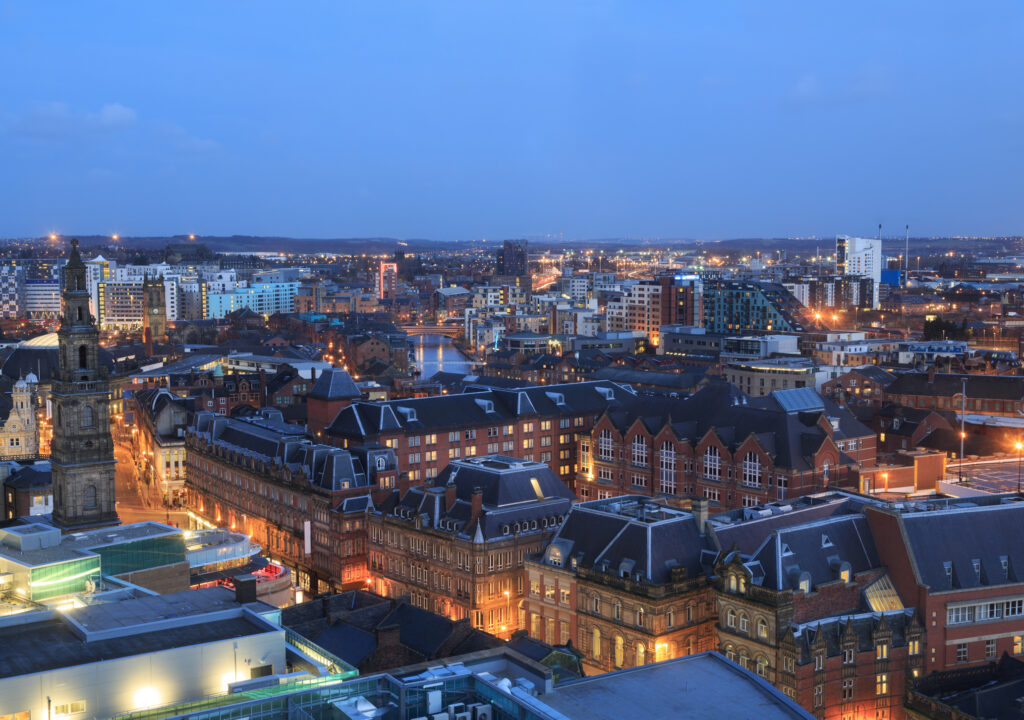Freeholders: Commonhold
Home | Freeholders: Commonhold
Commonhold - does it matter to freeholders?
Commonhold is an alternative form of tenure for multi-unit buildings. Commonhold can be acquired either at the point of development or by completing the statutory process for conversion to Commonhold. The conversion process usually requires Leaseholders to collectively enfranchise first pursuant to their rights under the Leasehold Reform, Housing and Urban Development Act 1993. All Leaseholders and any lenders must then consent to the conversion from Leasehold to Commonhold after completion of the acquisition of the Freehold.
A Freeholder will often retain an interest in the building after the collective claim has completed. For example, the Freeholder may be a Leaseholder themselves owning a Leasehold flat or commercial unit within the building. The Freeholder may also have agreed to take a lease back during the collective claim. In cases where the Freeholder retains an interest in the building post-enfranchisement as a Leaseholder, their consent must also be obtained prior to conversion to Commonhold. If a Freeholder has no retained interest in the building, the Freeholder has no input into conversion, having sold the Freehold as part of the collective claim.
Whilst currently it is difficult to convert to Commonhold, reforms are proposed which would make this process easier for Leaseholders. The reforms separately propose to introduce new circumstances where Leaseholders can request a mandatory leaseback from the Freeholder. If the reforms proceed as planned, there is likely to be a higher chance of Commonhold having an impact on Freeholders. It is currently unknown what the impact on valuation will be if both new mandatory leasebacks and Commonhold conversions come into force.
Alongside the Commonhold reforms, the Government continues to overhaul the Leasehold system, to improve ownership for Leaseholders. This includes possible regulation of managing agents, and extensive new fining powers for non-compliance.
The increased regulation within the Leasehold system, in tandem with overhauling Commonhold, may make Commonhold more popular amongst Leaseholders in future.
The current Commonhold reforms include:
- 17 July 2024: Confirmation of a draft Leasehold and Commonhold Bill, which will seek to make Commonhold work.
- 21 November 2024: Ministerial Statement from Matthew Pennycook, Minister of State for Housing and Planning, confirming that the “central focus of the Bill will be reinvigorating Commonhold”.
- 19 March 2025: Commonhold White Paper released setting out details of the Commonhold reforms. This includes proposals to overhaul the Commonhold conversion process, to make it easier for leaseholders to convert.
- 04 July 2025: Ministerial Statement from Matthew Pennycook, Minister of State for Housing and Planning, confirming that they seek to “end the feudal leasehold system for good” as quickly as possible.
- 26 January 2026: : the Government published their draft Commonhold and Leasehold Reform Bill 2026. Part 1 of the bill sets out proposed new rules for commonhold conversions, which includes relaxation of the qualifying criteria to enable more collectively enfranchised buildings to become eligible for conversion. Part 1 also reforms how commonhold management will work. Part 2 then sets out proposals to ban the sale of leasehold flats going forward, the implication being that new supply must be commonhold.

Find a Practitioner
ALEP was set up in 2007 in response to concerns raised by owners of leasehold properties who wanted reassurance that the people they were dealing with were reputable. Freeholders also require this reassurance.
- Where you see the ALEP logo you can be sure of a consistently high level of service.
- They must also commit to high professional standards, integrity and quality customer service.
- You can be confident that any firm that is a member of ALEP will be experienced and competent.